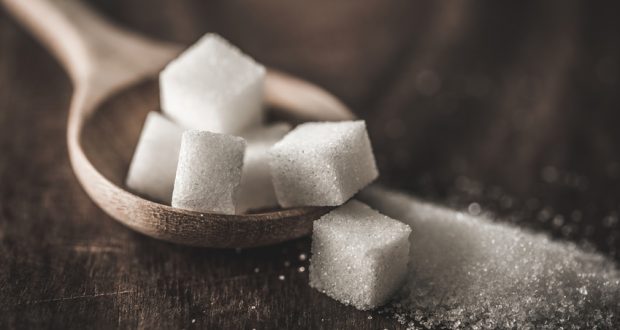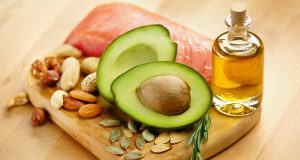Did you think sugar was something only diabetics had to worry about? Well… think again!
A new study by researchers from the University of Surrey found that for otherwise “healthy” individuals, levels of fat in the blood and in the liver increased after participants followed a diet high in sugar.
After 12 weeks on a high sugar diet, participants experienced changes in their fat metabolism (the way the body breaks down and utilizes fat for fuel.) Unfortunately, these changes were not positive, and are associated with increased risk of cardiovascular disease, as well as, heart attack and stroke.
The results also revealed that when the “healthy” participants (individuals with a low level of liver fat) took in that high amount of sugar, their amounts of liver fat increased and their fat metabolism became comparable to individuals with NAFLD (non-alcoholic fatty liver disease.)
While most adults don’t consume the high levels of sugar used in this study (650 calories worth of sugar per day!) kids and teens are far more likely to approach that of sugar through over-consumption of sodas and sweets.
Currently, over 200,000 individuals under the age of 20 in the U.S. are diabetic. The majority of them have type 1 diabetes, often referred to as juvenile diabetes. However, as obesity rates in children continue to rise, type 2 diabetes is becoming more common in young people.
From 2001 to 2009, there was a 30.5 percent increase in type 2 diabetes in youth. There are now an estimated 5,000 new cases per year in the United States. Although family history plays a role in the development of type II diabetes in children, the main culprits are: unhealthy diet, excess weight, and lack of physical activity.
This raises concern for the future health of the younger population, especially in view of the alarmingly high prevalence of NAFLD in children and teenagers, and exponential rise of fatal liver disease in adults.
Excess sugar doesn’t just affect your pancreas, insulin, and blood sugar levels. It triggers elevations in blood pressure, cholesterol, and heart rate, as well. Consuming sugar also increases risk of heart disease, heart attack, stroke, and a host of other diabetes-related complications.
On another note, sugar is an inflammatory substance. Prolonged inflammation in the body will compromise your immune system, your joints, not to mention, also increasing your risk of heart disease, along with some forms of cancer.
Decades ago, the sugar industry paid off Harvard scientists to lie about what roles sugar and fat play in your diet. Even though there was plenty of evidence to prove them wrong, these scientists chose to publish only the studies that supported their scheme.
Their goal was to reduce or eliminate the role that sugar plays in heart disease. They had to have a bad guy, so they suggested that fat played a bigger role than it actually does. Their review appeared in the highly trusted New England Journal of Medicine in 1967, prompting the misconception that fat is bad for health, when sugar is the true villain.
Today, 10% of people in the U.S. are addicted to sugar. The word addiction is no accident; studies now suggest that sugar induces a reward stimulus in the brain similar to that of illegal drugs. This makes the brain dependent upon sugar, and induces cravings, which in turn, feed the brain’s dependency on sugar. It truly is a vicious cycle.
Whew! With all these sugar health dangers, let’s review some ways to identify and reduce the sugar in our diets.
Firstly, don’t let the name “sugar” fool you. Corn syrup, dextrose, fructose, sucrose, maltose, maltodextrin, all are sugars and all should be avoided. Check your food and beverage labels carefully.
Use artificial sweeteners with caution. Science is now showing us that artificial sweeteners could be just as harmful to the body as real sugar. Aspartame, sucralose, saccharin, and acesulfame are all names for artificial sugar and can wreak havoc in the body.
Sugar is lurking everywhere, and is difficult to avoid if you don’t know where to look. Condiments like ketchup and BBQ sauce, foods like yogurt, canned fruit, and drinks like fruit juice and white wine are just a few of the hidden sugars that are probably in your refrigerator right now!
Sources:
https://www.sciencedaily.com/releases/2017/10/171004202008.htm
 Diabetic Kitchen
Diabetic Kitchen





Recent Comments